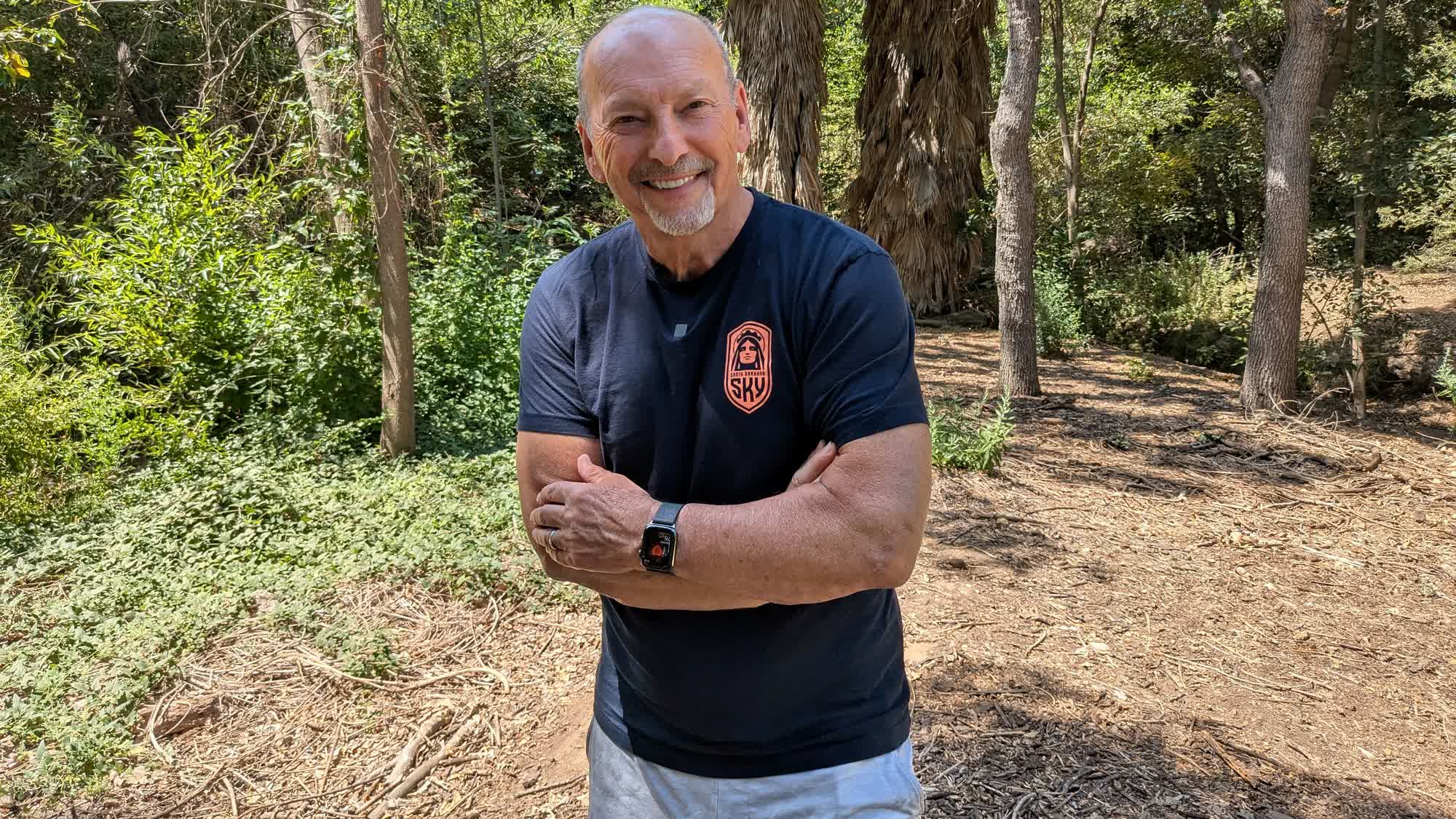TL;DR: An Apple Watch user claims the device's heart rate monitoring feature saved his life by alerting him to an abnormally low heart rate. Peter Moore, a former CEO of English Premier League soccer team Liverpool, says he was admitted to the hospital after receiving the notification and underwent emergency surgery to correct the life-threatening condition.
Moore, who now lives in Montecito, California, told KTLA 5 that he believes he's still alive because of the Apple Watch, and there's no way he would have made it had it not been for the wearable. "'I wouldn't be here if it wasn't for this little device," he said during an interview.
According to Moore, it all started when he suddenly felt dizzy and light-headed while heading to the Santa Barbara Airport to pick up his daughter. He didn't think much of it, and stopped at a local Starbucks, thinking a little rest was all that was needed However, things did not improve even after the break, and he was shocked to receive a notification from his Apple Watch about a critical heart condition.
His heart rate had dropped down to 32, which is much lower than the normal resting heart rate of 60-100 beats per minute for older adults. Highly trained athletes may have a resting heart rate below 60 bpm, sometimes reaching 40 bpm, but it's very unusual for non-athletes to get their heart rates down to those levels.
Once Moore reported about the notification to his wife, she picked him up from the Starbucks and admitted him to the hospital, where doctors told him that he needed a pacemaker immediately. Within hours, Moore was operated upon and had a pacemaker implanted to help regulate his heartbeat. Following the surgery, Moore made a complete recovery, and says that he now feels "great" about his health.
The Apple Watch comes with multiple heath monitoring features that have often been credited with saving lives. The most notable among them is the heart rate monitoring system that alerts the user if their resting heart rate is above 120 bpm or below 40 bpm for more than 10 minutes. Users can also receive a notification if they're experiencing irregular heart rhythms, which can indicate atrial fibrillation (Afib).
